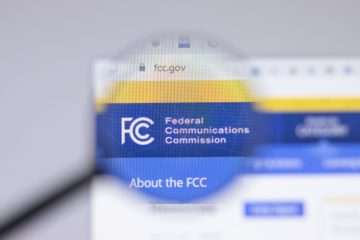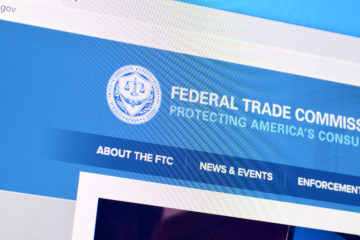Market Institute Senior Fellow John Tamny has a new article in Real Clear Markets on the latest attacks from Lina Khan and the Financial Trade Commission. He draws comparisons between Henry Ford’s creation of the mass automobile market with the Model T and Jeff Bezos’ transformation of e-commerce through Amazon. He highlights that Amazon’s current 38 percent market share is relatively small compared to its past dominance and that the Federal Trade Commission’s focus on Amazon’s market share may seem odd given the evolving e-commerce landscape. Ultimately, Amazon is focused on future innovations beyond the internet, making the FTC’s concerns about their market share less relevant.
He writes:
“When Henry Ford incorporated his eponymous car company, he promised to create an automobile for “the great multitude.” Before Ford, cars were rarer than incredibly rare millionaires. That Ford made cars fairly common is very telling with the present in mind. One guesses the growing ubiquity of Model Ts signaled substantial market share in the automobile sector for Ford Motor Company. Rightfully so. Ford created a mass market that previously didn’t exist.
It’s something to think about as the ankle-biters inside the FTC slap Amazon with lawsuits related to its 38 percent market share in the internet-shopping sector. FTC Chair Lina Khan looks at Amazon’s impressive share with fear. Unknown is why.
Amazon founder Jeff Bezos (like Ford with the car) didn’t invent the internet or e-commerce as much as he saw its immense possibilities and acted. Paraphrasing Ford, Bezos brought the internet to “the great multitude.” Before Bezos, users of the internet for commerce were theoretically rarer than incredibly rare billionaires. Of course Amazon’s market share is large in much the same way that Ford’s once was. Innovators discover, only for their discovery to serve as a lure for new entrants.
Having created a market for the multitude, Ford soon enough faced enormous competition, including General Motors. While Ford was for a time content to continue manufacturing just the Model T, GM created models for all manner of differing buyers within what was a growing automobile market.
Amazon is of course experiencing similar competition in the internet space. And with the latter mind, it’s no reach to suggest that the 38 percent market share number thrown around solemnly by Khan is small in percentage terms relative to Amazon’s past share. Which really is no revelation. Lest readers forget in the way that Khan seems to be, for the longest time Amazon carried with it a pejorative in “.org” to reflect its seeming inability to earn profits. It’s no reach to suggest that during this stretch, Amazon’s share of internet commerce was quite a bit larger than it is now.
All of which speaks to the oddity of the FTC pouncing on Amazon now, but also the inevitability of it. Let’s start with odd. It’s odd simply because having discovered and created a market for e-commerce, Amazon presently faces increasingly ferocious competition within it, including from the biggest of the big retailers like Walmart, Target, and Costco.
As for inevitable, it is simply because the federal antitrust crowd inevitably pounces on the biggest of any sector right as its market share is soon to shrink. Crucial here is that the shrinkage will be born not of Amazon sliding, but of it having succeeded in creating a massive market, and its success attracting numerous well-funded competitors for e-commerce sales. See above.”


